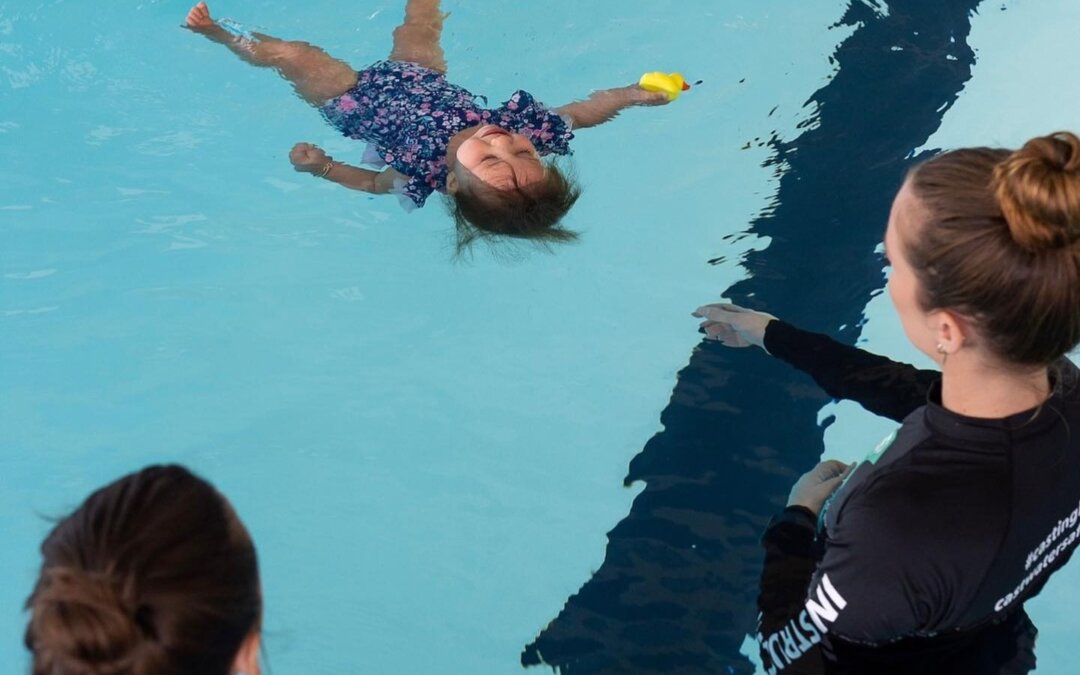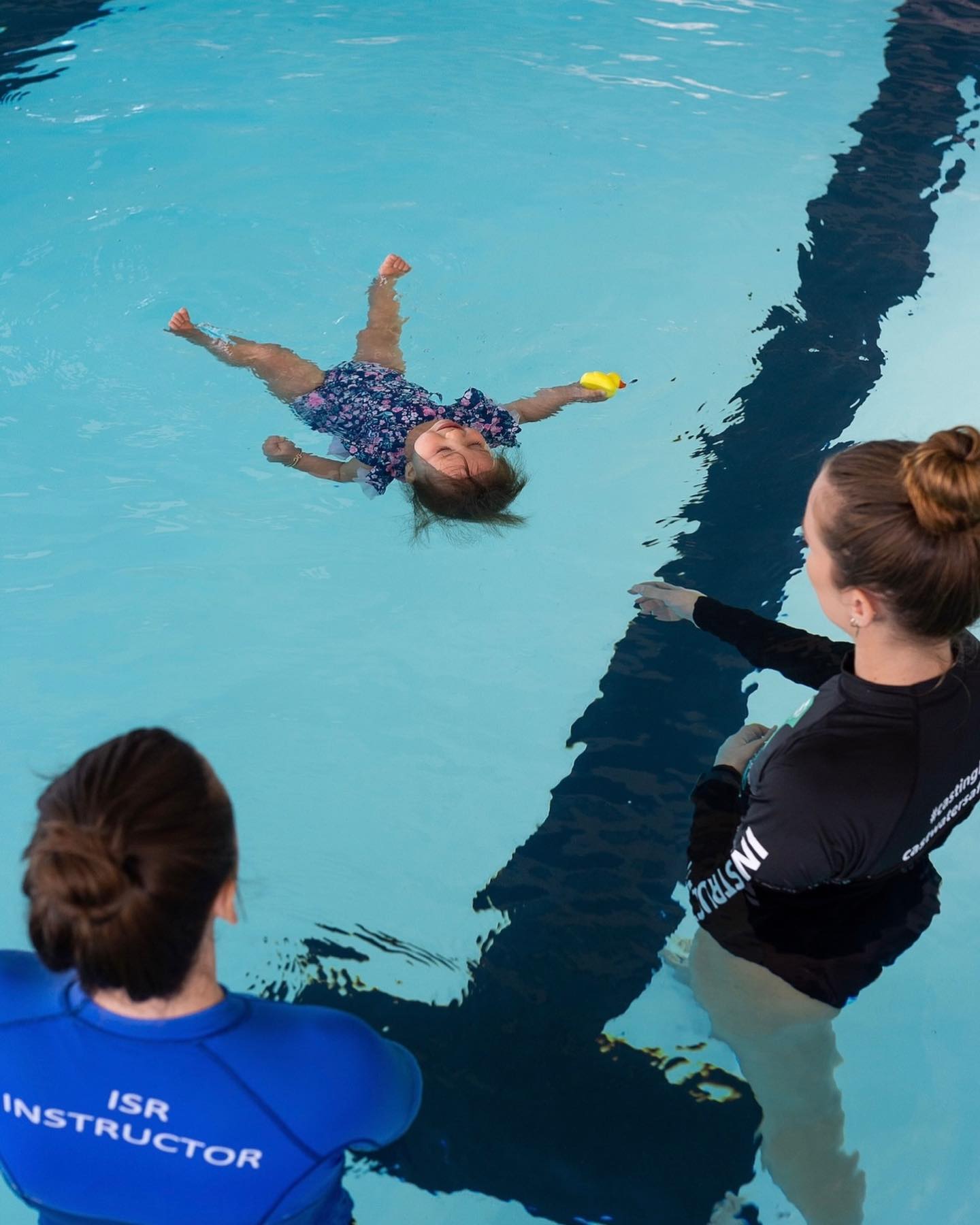Children often times aren’t the only one nervous before the start of their ISR lessons. Parents are nervous too.
Many parents worry that their child will cry their entire lesson, not get in the water, waste their time with the instructor and so on.
⠀
And guess what … it’s all ok … the tears, the nerves … all of it. It’s really ok. ️⠀
⠀
Children like routine and familiarity, so we are not surprised when they fuss in the initial days or weeks of lessons. Thankfully, we find that this behavior typically tapers off as they begin to build trust and a rapport with us. As they feel more confident in their skills, they are less anxious and worrisome.
⠀
While it’s tempting to hold out for a magical “no cry” method to swimming or to wait until your child is older with the hope that they will cry less — keep in mind that they are vulnerable to drowning. Drowning is statistically the most likely thing to take their life between the ages of 1 and 4.
⠀
Our veteran swim parents will tell you that any tears are a worthy trade-off for the priceless self-rescue skills they will learn … and a love for water will certainly follow. Skills before thrills! ️
⠀
Let us know what questions you have and if we can ease any of your worries. We are here for the swimmers and the parents. ⠀
⠀


